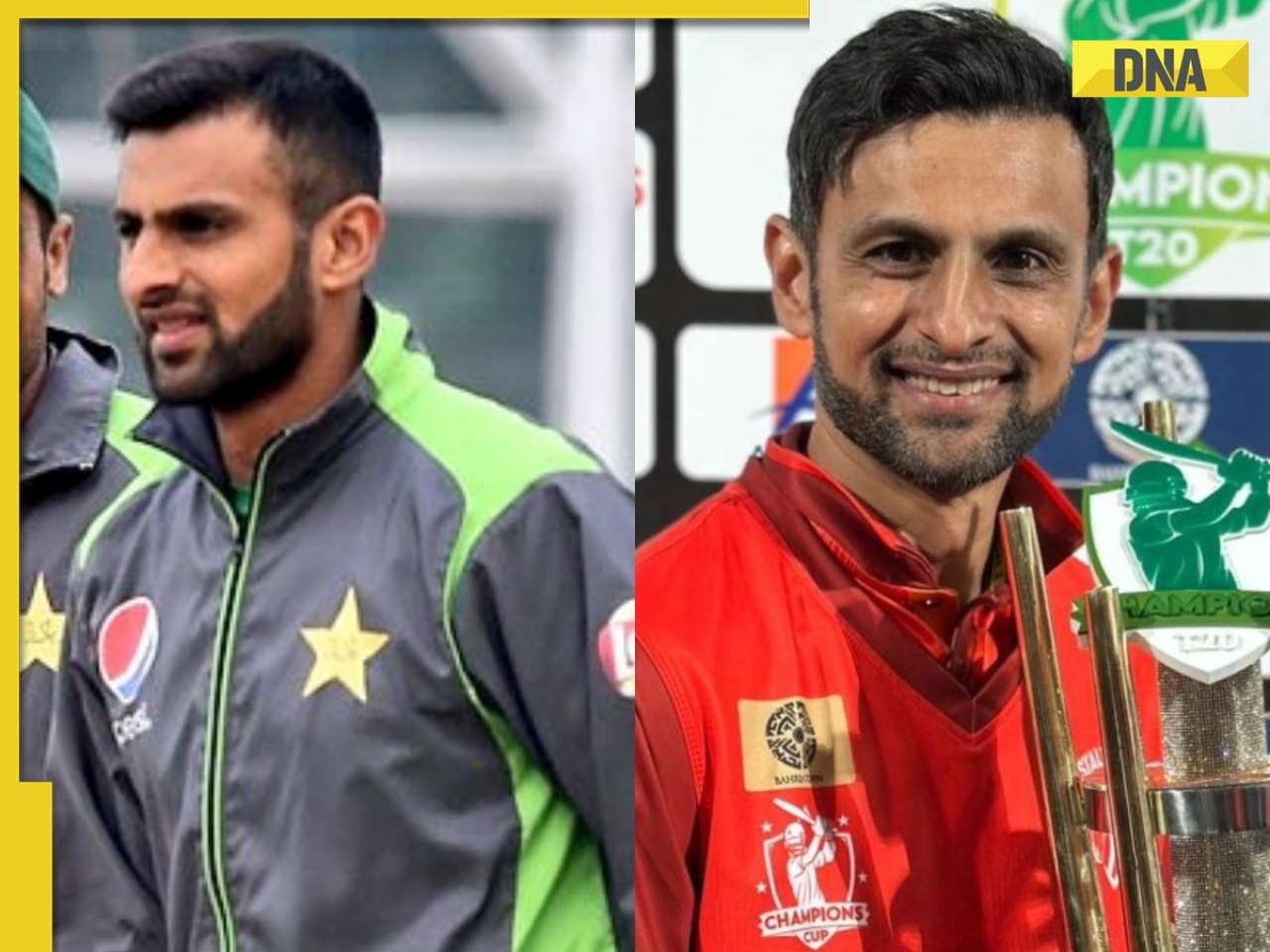 |
|
The participation of Shoaib Malik, the veteran Pakistani cricketer, in the ongoing Pakistan Super League (PSL) 2025 has ignited a debate within the cricketing fraternity. At the age of 43, Malik continues to compete in the demanding T20 format, representing the Quetta Gladiators. This has raised eyebrows, particularly in light of his recent appointment as a mentor for the domestic Pakistan side, Stallions, in the Champions One-Day Cup. Former teammate Mohammad Yousuf has openly questioned Malik's continued presence as a player, arguing that it presents a potential conflict of interest and urging the Pakistan Cricket Board (PCB) to establish clear guidelines regarding eligibility for participation in the PSL. Yousuf emphasizes the need for the PCB to draw a line and determine which players should be allowed to compete, suggesting that if given the opportunity, many former players would also want to participate. His argument centers on the potential for Malik's dual role as both a mentor and a player to create an uneven playing field and potentially disadvantage younger, emerging talents who deserve opportunities to showcase their skills. Yousuf's comments reflect a broader concern about the balance between experience and opportunity within the Pakistan cricket system. The presence of seasoned players like Malik can undoubtedly contribute valuable knowledge and leadership to a team, but it also raises questions about whether their continued participation might be hindering the development of the next generation of cricketers. The debate highlights the complexities of managing talent and ensuring fairness in a competitive sporting environment. It requires careful consideration of factors such as age, experience, skill level, and the overall needs of the team and the broader cricketing ecosystem. The PCB's response to this issue will be crucial in setting a precedent for how similar situations are handled in the future and in shaping the direction of Pakistan cricket. It's a delicate balancing act that requires both respect for veteran players and a commitment to fostering the growth of young talent.
Adding another layer to the discussion, former Pakistan captain Shahid Afridi acknowledges Malik's right to continue playing for as long as he desires. However, Afridi also implores Malik to consider the importance of providing opportunities for younger players to gain experience and prove their mettle. Afridi recounts a recent encounter with Malik at the Academy of Moin Khan, where he observed Malik diligently training. While acknowledging Malik's dedication and fitness, Afridi suggests that Malik could consider selectively participating in matches, allowing younger players who have demonstrated their abilities in domestic tournaments to gain valuable exposure at the PSL level. Afridi's perspective underscores the importance of succession planning and ensuring a pipeline of talent within the Pakistan cricket system. The PSL serves as a crucial platform for identifying and nurturing young cricketers who have the potential to represent the national team in the future. By providing these players with opportunities to compete alongside and learn from experienced players like Malik, the PSL can contribute significantly to their development. Afridi's call for Malik to consider making way for younger talent is not intended as a criticism of Malik's abilities or contributions to Pakistan cricket. Rather, it is a plea for him to recognize the bigger picture and to play a role in shaping the future of the sport in the country. The debate surrounding Malik's PSL participation therefore transcends the individual player and touches upon broader issues of talent management, succession planning, and the overall health of the Pakistan cricket system. The insights from both Mohammad Yousuf and Shahid Afridi demonstrate a complex and nuanced perspective on the matter. Both cricketing legends acknowledge Malik's contributions, but also highlight the importance of establishing clear eligibility criteria and ensuring that younger players are given opportunities to prove themselves.
Shoaib Malik's career is undoubtedly one of the most illustrious in Pakistan cricket history. He made his One-Day International debut in 1999 against the West Indies and his Test debut in 2001 against Bangladesh. He even served as the captain of the Pakistan national cricket team from 2007 to 2009. His longevity and consistent performances over the years have earned him the respect and admiration of fans and fellow players alike. However, the changing landscape of cricket and the emergence of new talent inevitably raise questions about the sustainability of even the most accomplished careers. The debate surrounding Malik's PSL participation is not necessarily about his ability to still compete at a high level. It is more about the broader implications of his continued presence on the team and the potential impact on the development of younger players. As cricket evolves, so too must the approach to talent management. It requires a delicate balance between honoring the contributions of veteran players and nurturing the potential of the next generation. The PCB faces a challenging task in navigating these complexities and ensuring that the Pakistan cricket system remains competitive and sustainable in the long term. The outcome of this debate will likely have implications beyond Malik's individual career and will shape the future of Pakistan cricket for years to come. Furthermore, the public discussion surrounding Malik's participation is a healthy sign that the sport is open to scrutiny and that stakeholders are actively engaged in shaping its future. The differing viewpoints expressed by Yousuf and Afridi, along with the media coverage of the issue, demonstrate a commitment to ensuring fairness and transparency in the sport. Ultimately, the decision rests with Malik and the PCB, but the ongoing debate serves as a valuable reminder of the importance of balancing experience and opportunity in the ever-evolving world of cricket.
